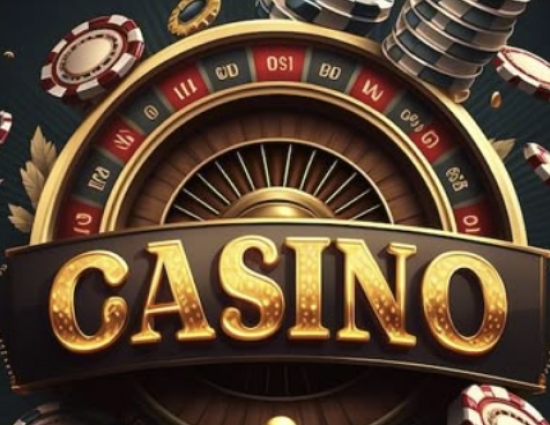Learn the latest trends and techniques for marketing casinos in 2025 and beyond, including leveraging influencers on TikTok and engaging customers.
Casino Marketing Strategies for Web 3.0
Marketing in the present technological era is no longer a one-size-fits-all game, and even the gaming and casino industry is not left out. It has entered a new period in which people in 2025 must be proactive in hunting for customers and connecting with them through every possible channel, especially those that include traditional and new media. With all these tools and platforms available to them, marketers are free to try anything from TikTok to VR spaces in the metaverse today, more than ever before.
TikTok Takes Center Stage
Video reigns supreme in 2025, and TikTok has led the charge with its short, snackable clips that grab attention. The platform now boasts over 1.5 billion monthly active users, making it a prime channel for Robocat wanting exposure to new players.
Younger generations like Millennials and Gen Z grew up on social media and are receptive to branding efforts there. By partnering with gaming-focused influencers on TikTok, casinos can organically integrate their offerings into content already capturing this lucrative market.
|
Metric |
2021 |
2023 |
2025 |
|
Global TikTok users |
1 billion |
1.4 billion |
1.5 billion |
|
Avg. time spent per TikTok user/day |
95 min |
102 min |
107 min |
|
Gaming content views (billions) |
5 |
15 |
25 |
Influencer marketing has become a $20 billion industry, and the right TikTok personalities can drive real results:
- Humanizing your brand
- Generating excitement around new games and promotions
- Boosting sign-ups and activity from new demographics
But viral trends move quickly, so casinos must stay nimble and on top of the latest memes and challenges.
Getting Immersive with VR and AR
Virtual and augmented reality open new dimensions for casino marketing. Full VR spaces in the metaverse allow brands to create engaging environments beyond what’s possible in the real world. With customizable avatars, users can socialize and get to know your casino offerings in a fun way.
Table games and slots can be simulated in VR, letting people preview the experience. And AR overlays during live sporting events provide a second-screen experience to complement the action. March Madness brackets, Super Bowl squares, and wacky prop bets can be integrated via AR for seamless entertainment.
Of course, regulatory hurdles around real-money gaming still exist in most jurisdictions. But the foundation is being laid for integrated metaverse casinos, where tokens and cryptocurrency will fuel the next generation of immersive gambling. Forward-looking brands are claiming their virtual real estate now before the VR land rush truly takes off.
Hybrid Experiences Bridge Gaps
For all the promise of digital engagement, real-world experiences still drive growth for casinos. Special events and tournaments bring in new customers while rewarding loyal patrons. Their challenge is bridging the gap between physical and virtual worlds to provide hybrid experiences.
Hybrid event technology is maturing quickly. Streaming allows remote users to follow the action and even compete in some cases. Integrated mobile apps let in-person and virtual attendees interact via live polls, leaderboards, mini-games, and prizes powered by RFID, NFC, and QR codes.
With flexible formats spanning both worlds, casinos can maximize reach and revenue. Promotions like interactive scavenger hunts on casino floors encourage exploration while engaging online participants. Branded hashtags and user-generated content incentives make events more shareable across social media.
The lines between physical and digital continue to blur. Successful casinos will embrace omnichannel strategies to engage customers wherever they are—in person or online.
Looking Ahead to Web 3.0 Marketing
Marketing technology will keep evolving along with the internet itself. Web 3.0 and the metaverse will open new avenues to connect with audiences:
- Decentralization through blockchain makes transparency and security a priority. Gambling on decentralized platforms allows for provably fair games.
- User ownership of data and digital assets puts more control in individuals’ hands. Casino tokens and NFT prizes are the next wave of rewards programs.
- Machine learning and AI will enable more personalized and predictive engagement based on context and preferences.
- Interconnected environments centered on avatars persist between experiences. Your casino avatar travels with you across virtual worlds.
The past decade has seen unprecedented changes in how we interact online and access entertainment. Rather than being intimidated by constant change, forward-looking casino marketers embrace this fluidity and adapt quickly to engage customers wherever they are—both today and in the evolving internet landscapes of tomorrow.





Comments powered by CComment